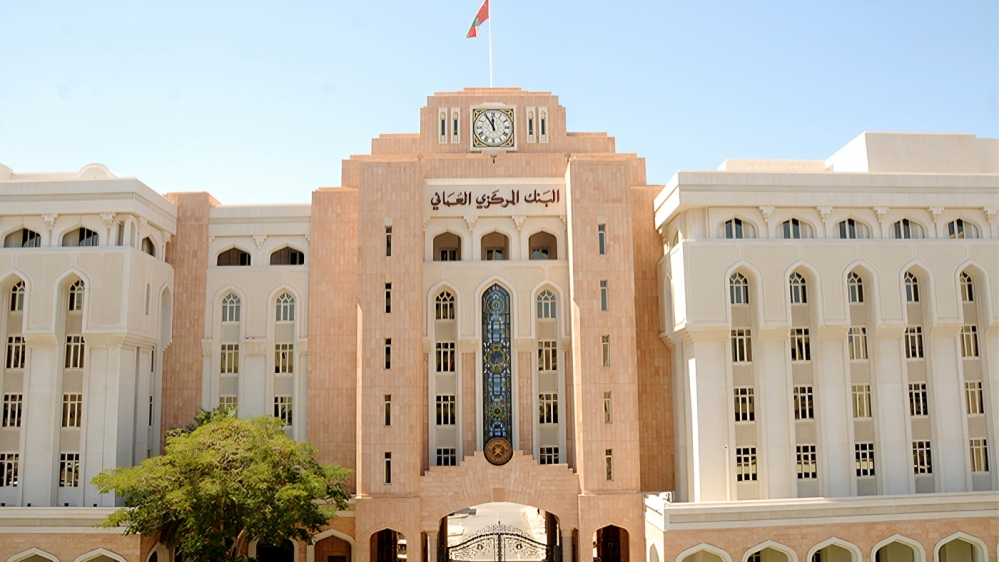MUSCAT: Oman has introduced significant changes to regulations governing land use for private higher education institutions, replacing previous provisions that were in place since 2002. The updated decision, signed by Her Excellency Dr. Rahma bint Ibrahim Al Mahrouqi, Minister of Higher Education, Scientific Research and Innovation, is aimed at improving the governance of land allocation, enhancing efficiency, and aligning institutional development with national priorities under Oman Vision 2040. These reforms underscore the government’s efforts to ensure sustainability and accountability in the education sector.
One of the most notable updates is the fixed usufruct contract period, which has been set at 50 years and can be extended up to 99 years. Unlike the previous system that allowed land to eventually be transferred into institutional ownership, the new regulations mandate that land will remain under the usufruct system indefinitely, even after construction is completed. This approach is designed to maintain state ownership of land while providing long-term security for institutions to invest and develop educational infrastructure.
The revised framework also introduces a new annual usage fee structure of 100 baisas per square meter, with a maximum cap of RO 10,000 per year. To encourage timely development, institutions that commence construction will receive a five-year exemption on these fees starting from the second year. In addition, the new rules impose stricter deadlines, requiring institutions to begin construction within two years of signing the agreement, compared to the previous three-year allowance. Failure to comply with these timelines could result in termination of the contract, reinforcing accountability measures.
Other key provisions include the ability for institutions facing space limitations to apply for additional plots within the same area, which was not permitted earlier. However, unlike the previous framework, the new regulations do not explicitly allow borrowing secured against usufruct rights, a clause that was once in place for educational purposes. Applications for land allocation will continue to be submitted to the Ministry of Higher Education, Scientific Research and Innovation before being referred to the Ministry of Housing and Urban Planning for further processing. These comprehensive changes aim to create a more structured and sustainable framework for educational development, ensuring better utilization of land resources and long-term compliance with national development goals.



